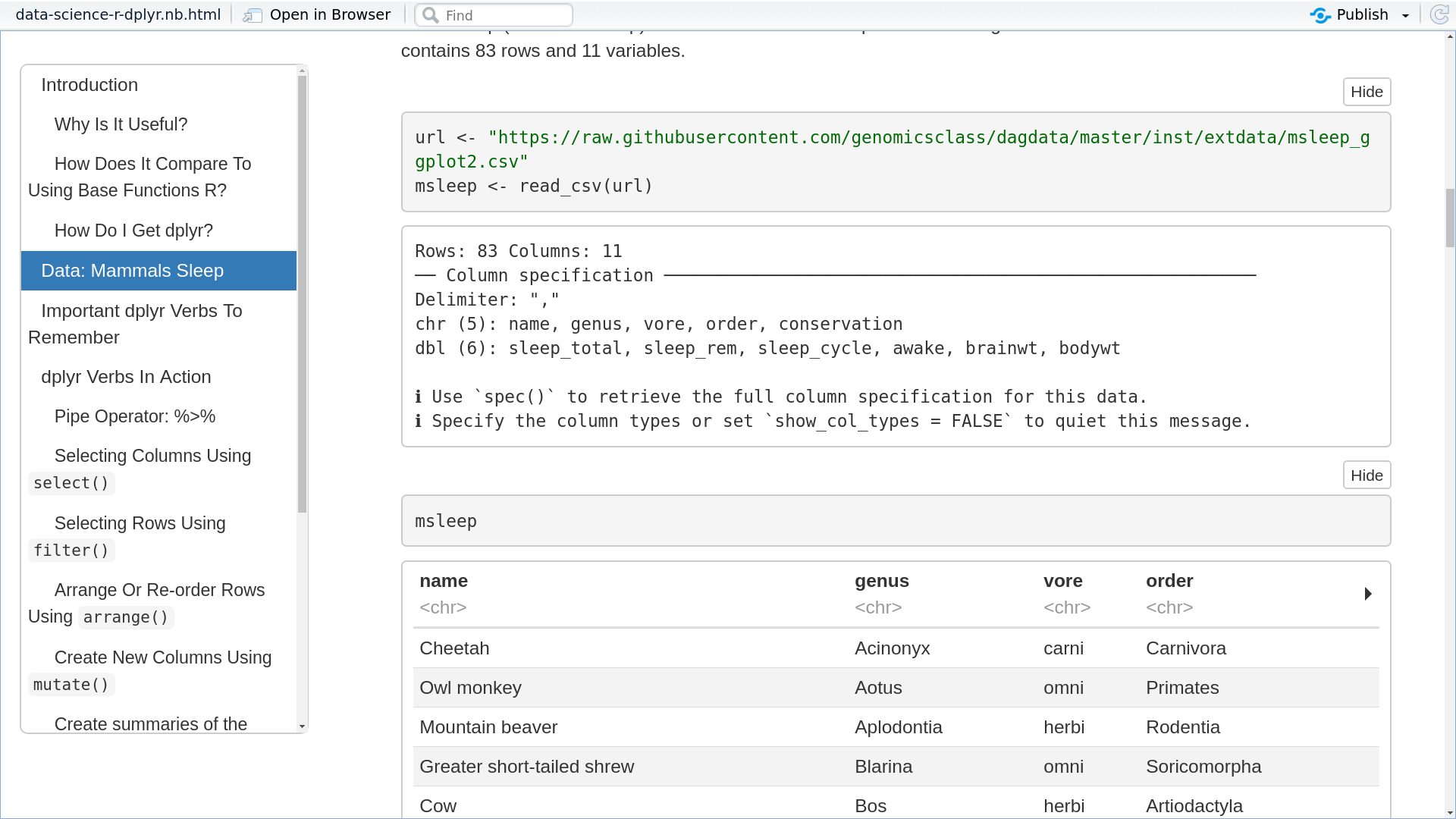| Author(s) |
|
Posted on: 28 January 2022 purlPURL: https://gxy.io/GTN:N00032
Further building on the work in the automatic Jupyter Notebook, we’ve now re-written the Jupyter export to be faster, and more importantly added support for R and RMarkdown! Check out an example material. Here we take the content of the tutorial, written like normal GTN markdown, and we automatically convert it to Jupyter Notebooks and now RMarkdown documents! Check out the documentation on how to setup your tutorials to support this.
Funding
These organisations or grants provided funding support for the development of this resource


